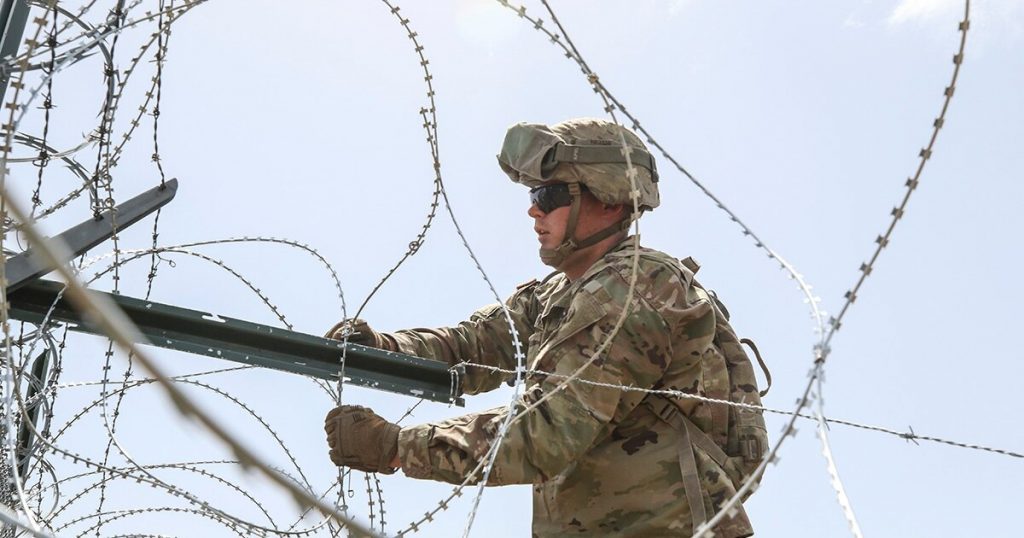US House votes to block Saudi, UAE arms sales, bucking Trump veto threat
WASHINGTON ― The U.S. House voted Wednesday to block White House plans for select sales of smart bombs and related components to Saudi Arabia and the United Arab Emirates, baiting President Donald Trump’s veto.
Mostly along party lines, the House passed three Senate-passed measures in three votes, venting frustration over civilian casualties in the Saudi air campaign in Yemen and the Trump administration’s declaration of an emergency to bypass the congressional review process for $8.1 billion in weapon sales to the Mideast.
Since neither the House nor the Senate passed the measures with a supermajority, the measures are vulnerable to the White House’s veto. Two House votes were 238-190, and the last was 237-190, with only four Republicans and one Independent crossing party lines each time to vote with Democrats, who had no defectors.
In the floor debate, Democrats cast the vote as a return to American values and a reassertion of Congress’s power while Republicans cast it as weakening America’s reputation as an ally and the U.S. response to Iran’s violent or threatening action in the region.
The measure covers deals for U.S. sales of hardware to include an early tranche of that larger sale, including kits to convert bombs into Paveway II precision-guided munitions, fuzes and related components.
The White House issued veto threats Tuesday for the House measures, as it did with the Senate measures, arguing the sales support Saudi Arabia as a bulwark against Iran and its proxies in the region. The Trump administration also cited an impact on the global supply chain ― specifically allies United Kingdom, Northern Ireland, France, Spain and Italy, which have co-production licensing agreements for some of the systems.

The administration has seen pushback from both sides of the aisle since U.S. Secretary of State Mike Pompeo, in May, cited an increased threat from Iran to declare an emergency and waive the congressional review process for those sales. The move upended the practice of congressional holds and raised concerns a future administration might similarly bypass Congress.
House Foreign Affairs Committee Chairman Eliot Engel, D-N.Y., said Tuesday that administration officials had not attempted to work with Democratic lawmakers to address their concerns and side-step debate. Instead the administration relied on “an extraordinary abuse of power by the Trump administration, using a phony emergency to override the authority of congress and push through $8 billion in arms sales,” Engel said.
Engel argued the situation cannot be a true emergency because it relies on weapons that will take months to build and involves the construction of manufacturing facilities in Saudi Arabia.
“I only presume that would mean the Americans currently building these weapons in the United States would be out of a job,” Engel said. “That’s right, Donald Trump declared an emergency to move jobs out of the United States, good manufacturing jobs, the kind Americans fight for, he abused the law to send them abroad. What kind of emergency requires weapons that will be built months and months down the road?”

Still, the bulk of House Republicans sided with Trump on Wednesday.
The House Homeland Security Committee’s top Republican, Rep. Michael McCaul, R-Texas, said Iran’s ambitions in the Mideast threaten to destabilize the region and threaten Israel, but the measures would “handcuff” America’s ability to respond. He suggested the administration’s hand was forced when Democrats had “abused the process” by placing lengthy holds on arms sales.
“The decision to move forward with these arms sales are part of a larger effort to deter Iran … that does not all depend on U.S. [military] intervention,” McCaul said. “Iran remains the largest state sponsor of terror in the world, and that threat is growing, not waning.”


